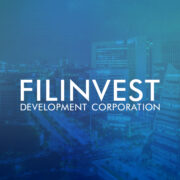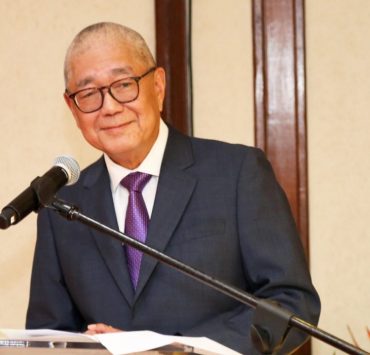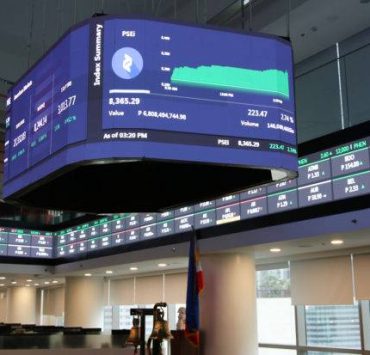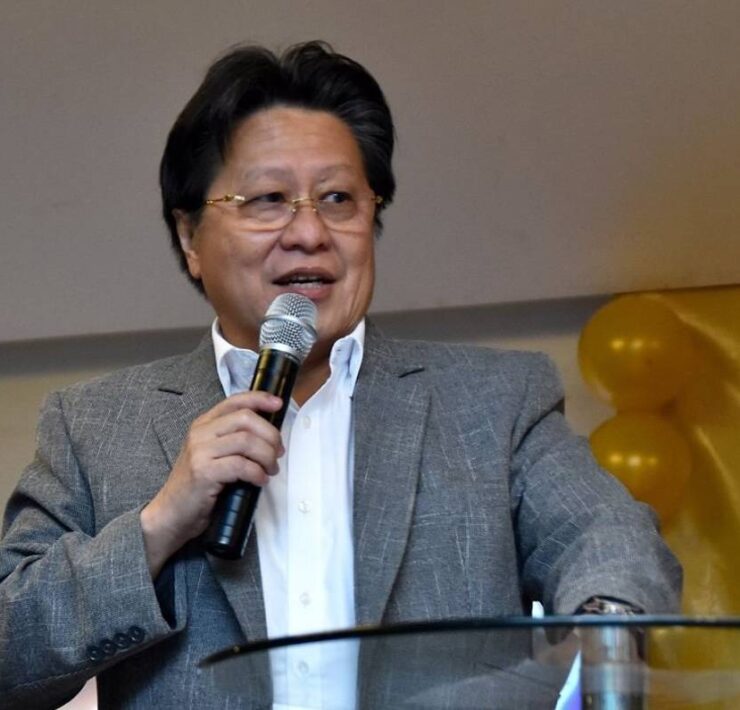PH seen struggling with shortage of accountants

The Philippines is experiencing a shortage in accountants, a predicament that will likely worsen given the declining number of students taking accounting-related courses coupled with other emerging trends that seem to be taking a chunk out of the talent pool of traditional accounting firms.
Marvin Galang, co-founder of financial mobile app built for freelancers called Beppo, said on Friday that they found alarming the results of a survey showing that there is a 41-percent decline in student enrolment in local accounting programs.
“Subsequently, we also saw a decline of 35 percent in the number of [certified public accountant] examinees from 2019 to 2023,” Galang said during a conference focused on the local accounting industry.
“This trend is compounded by rigorous examination requirements and a growing perception that accounting is less attractive compared to other career paths,” he added.
He also said that the talent shortage seems to be a problem across the globe and not just in the Philippines, with the demand for accountants, auditors and financial professionals continuing to rise due to more complex regulatory environments, increasing business activities and the need for accurate reporting.
“A significant portion of the current accounting workforce is approaching retirement, exacerbating the need for retirement and creating the shortage. Younger professionals are not entering the field in sufficient numbers to replace them,” he said.
Galang said that the repercussions of this shortage are far-reaching, affecting everything from capacity of firms to take on new clients to the financial health of small and medium-sized enterprises.
Further, he said that technology is changing the accounting industry, presenting challenges such as the need for continuous learning, reskilling, upskilling, cybersecurity risks and changes in job roles.
“As accounting processes become more digitized, the risk for cybersecurity threats increases. Accountants must now be vigilant about protecting sensitive information and ensuring compliance with regulations,” Galang said.
“The integration of technology in accounting means that professionals need to be proficient in using various software and tools. The rapid pace at which technology is progressing requires accountants to engage in continuous learning and professional development,” he added.
Outsourcing and freelancing also presents significant challenges to the accounting industry in the Philippines according to the company executive, noting in particular how it affects local accounting firms and the overall supply of accounting professionals.
“Outsourcing firms, especially those catering to international clients, often offer more competitive salaries and better benefits than local accounting firms. This draws a significant portion of the talent pool away from servicing the local market,” he said
“Working in outsourcing firms allows accountants to engage with global clients, providing them with diverse experience and exposure to international accounting standards. This is a compelling proposition for many professionals, leading them to prefer careers in outsourcing over traditional local accounting practices,” he said further.
As for the freelancing industry, Galang said this type of setup offers accountants flexibility in choosing their projects, clients, and working hours, a significant draw especially for younger professionals who value work-life balance.
“This reduces the number of accountants available to work in traditional firm settings. Many freelance accountants can command higher rates per project, especially when serving international clients,” Galang said.
“This financial incentive encourages professionals to leave traditional firm employment. With advances in technology, accountants can easily provide their services remotely, enabling them to serve a global client base without being tied to a particular geographic location, further diminishing the talent pool available to local firms,” he said.





















